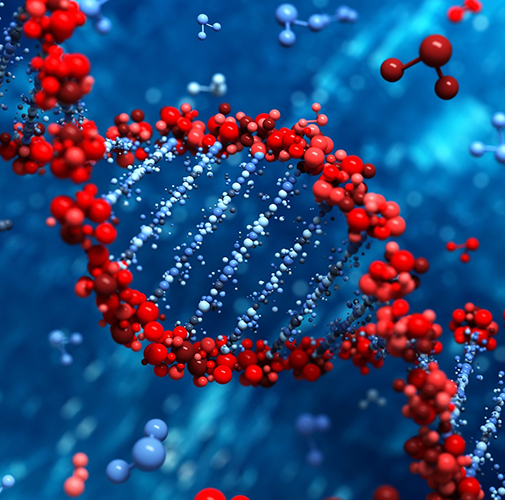Biochemistry

Biochemistry is the study of the chemical processes that occur within living organisms. It is a diverse field that encompasses a wide range of topics, including the structure and function of cellular components, such as proteins, carbohydrates, lipids, and nucleic acids, and how these molecules interact with each other to carry out the functions of life.
Biochemistry plays a crucial role in understanding the underlying causes of many diseases and developing new therapies to treat them. It is also a fundamental field of study in fields such as genetics, evolution, and medicine.
Immunology is the study of the immune system and how it protects the body against infections and diseases. The immune system is a complex network of cells, tissues, and organs that work together to defend the body against foreign invaders, such as bacteria and viruses.
Immunologists study the cells, tissues, and organs of the immune system, as well as the molecules and processes involved in the immune response. They also research the ways in which the immune system can be activated to fight off infections and diseases, and how it can be suppressed to prevent autoimmune disorders.
Both biochemistry and immunology are important fields of study within the field of biology and have many practical applications in medicine and other areas. They continue to be areas of active research and discovery, as scientists seek to better understand the complex processes that occur within living organisms.







